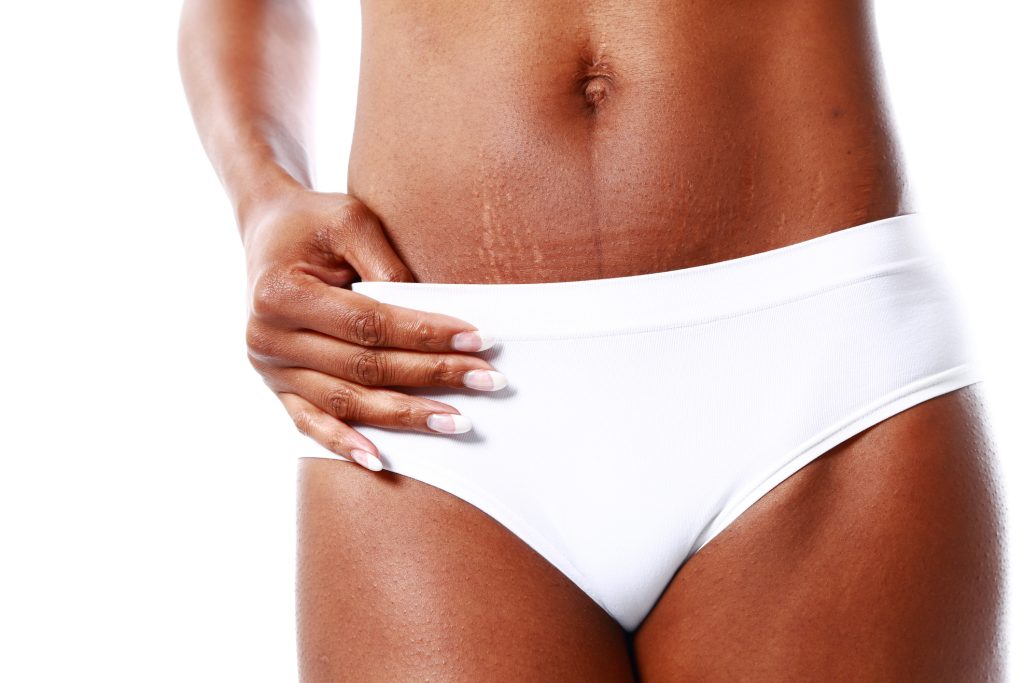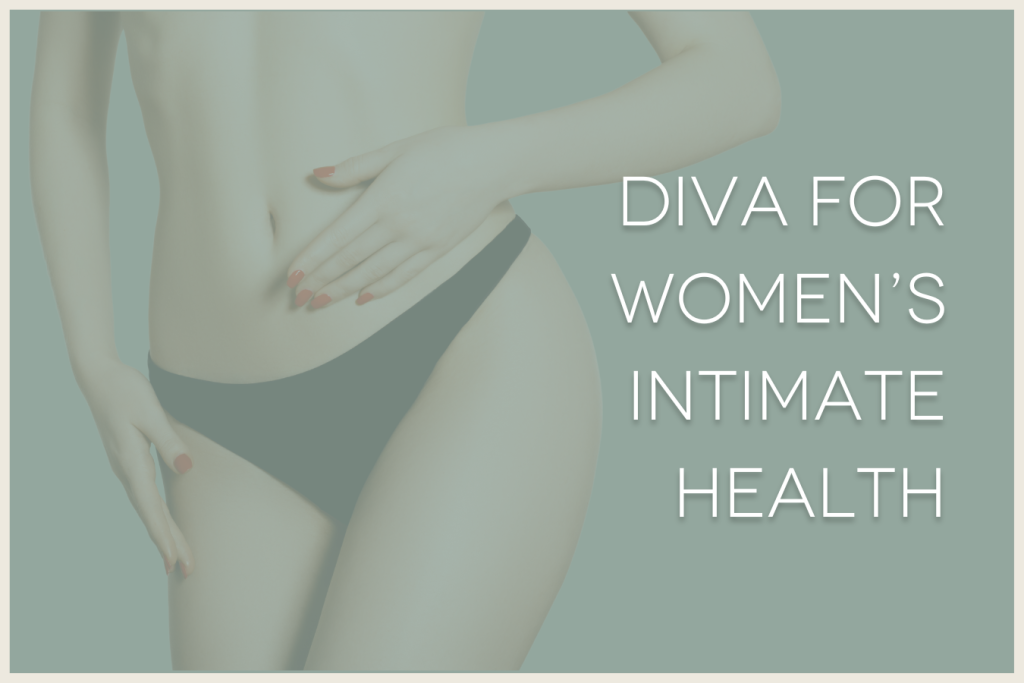-by Priscilla DiVincenzo, MSN, FNP
As women age, we often look to cosmetic procedures or plastic surgery for enhancements and improvements to our bodies. But what about improvement in areas that no one really talks about? What about our female reproductive system? What about our vaginal health?
Often overlooked, we forget about this area as we get older, thinking that this is “just how it’s supposed to be.” We start to think that after having children or going through menopause, the vaginal dryness, laxity and overall discomfort with our lady parts is just supposed to happen. But should we have to suffer?
Introducing diVa
Here at Q the Medical Spa we are comfortable talking about what many may see as uncomfortable: our vaginal health. As women, we need to start talking about it. We need to normalize prioritizing our confidence and self-esteem not only with our external features, but with our intimate features as well.
New to our family of lasers is the diVa, a dual wavelength laser that offers both ablative and non-ablative wavelengths to target vaginal resurfacing. What does this mean? Simply put, the non-ablative component heats up the targeted tissue, causing it to produce more collagen. The ablative wavelength vaporizes the outer layer of the skin (in this case, the vaginal tissue) allowing it to heal and restructure, increasing collagen production. In short, this dual wavelength is forcing our vaginal tissue to stimulate tons of collagen production.
So, what’s all this collagen doing for me?
For starters, collagen is a protein responsible for our skin’s elasticity. All of our bodies naturally produce collagen; it’s in our bones, skin, and muscles. As we get older, it becomes more difficult for our bodies to produce the collagen that is needed to maintain its elasticity. This applies to anywhere in the body, including our vaginal tissue. Using a laser to help produce more collagen in this area actually helps to make the tissue healthier. This causes the cells in this area to tighten and produce more lubrication.
Getting started
Getting the process started for this treatment is simple. We have you come in for a consultation to make sure you are an appropriate candidate for the diVa. After confirming that you qualify, we will schedule a 45-minute appointment on a different day for the actual procedure. We recommend a series of 3 treatments total, spaced 4 weeks apart.
The treatment typically takes 5 minutes or less. The majority of women report feeling no pain at all. Typically, slight pressure is the only thing that’s felt (it’s the kind of pressure you feel at the OBGYN’s office when the speculum is inserted).
When the procedure is over, you can wear a panty liner as you may experience some spotting. But that’s it. No downtime and no pain!
How do I know if I am a candidate?
Women who experience vaginal dryness, laxity, and discomfort during intercourse are great candidates for this procedure. Have you had a baby at some point in your life and realized that your vaginal walls don’t feel as tight as they used to? The diVa can help with that. Are you experiencing menopause and noticed that your lubrication is not what it used to be? DiVa can also help with that. To ensure we are targeting all your vaginal health goals, we break down the reasons for treatment with you during our consultation.
Does this treat the outside?
This procedure focuses on internal vaginal health only. It targets the lubrication and the laxity of our vaginal walls. If you are looking to change your external appearance, our board-certified plastic surgeon, Dr. Ashley Amalfi, can help with that. She specializes in breast and body procedures, such as labiaplasty, to change the external appearance of the labia minora and majora.
Dr. Amalfi acknowledges that, “after having children, we are able to treat patients’ symptoms both externally and internally. We are able to individualize patients’ goals with the variety of female genital procedures we offer.” This combination of labiaplasty and diVa treatments allows women to target all the areas of their vaginal health. Dr. Amalfi recommends “completing the labiaplasty first, followed by the diVa treatments six months later.”
It’s completely normal to have more questions about both procedures at this point. Call Q Med Spa at 585.244.1010 for a private consultation and we can answer any further questions about your personal health and needs! We strive to make this an easy and comfortable consultation and treatment, as we know it’s not always a common conversation.





Leave a Reply